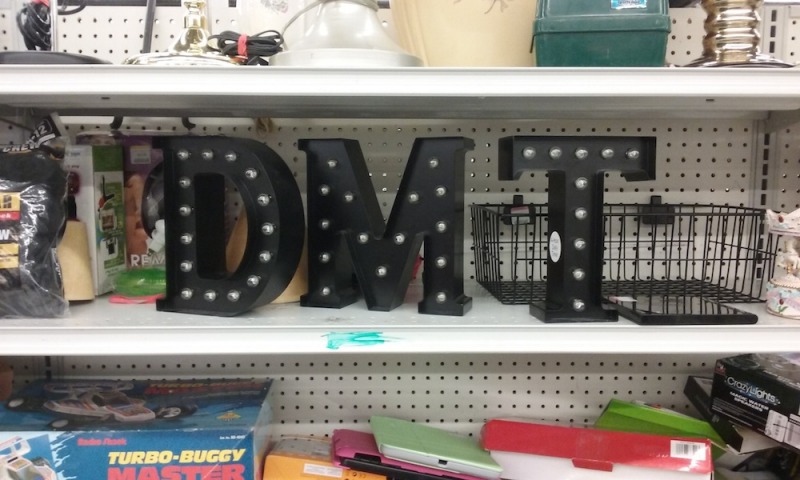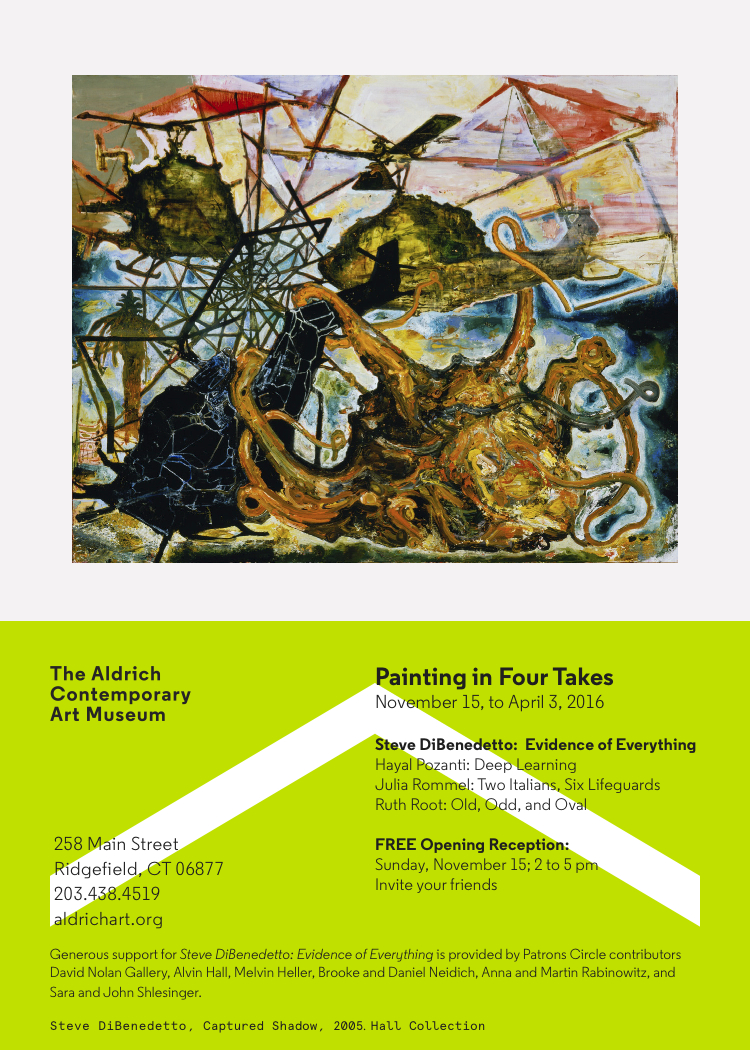...more recent posts
Guston talking
Smith’s large photographic images of places devoid of human presence are mounted on a stiff support and mercifully left unprotected by reflective glass. More like a painting than a photograph, they hover just a bit off the white walls of the gallery. Their delicate surfaces, which resemble paintings in scale, are left exposed, and this adds much to the aching feelings engendered by them. Through this exposure, they invite a search for a “pure” opticality, an issue essential to formalist minimal painting back in the 1970s.
The Roots of Radical Art at University of California, Irvine
"Created in 1965, in politically conservative Orange County, the University of California, Irvine's art department rapidly became a daunting force in the advancement of radical performance and conceptual art."
From 1964 to 1968, when I was a graduate student in painting at Hunter—studying with the sculptor Tony Smith, who’d talked and drunk with Pollock and Mark Rothko—I didn’t get the other picture. That I was pausing at the threshold, standing in the cool lobby of a male world. But the weeding out started as we grew up through the years, towards the strange clipped-free harvest of graduation. Some grad students would be offered jobs: to stay on at Hunter, instruct the next crop. Tony liked me; we’d hung out together, he’d dined at my house, made the obligatory, Mad Men-era drinking-thus-nobody’s-fault pass. He liked my work. But those jobs would go to male students as they had in prior years, to Doug Ohlson and Ralph Humphrey, who’d cling on for life
Because in the worlds of the arts, where you bob and crest on a sea of opinion, the steadying effect is a teaching job: the dependabilities—salary, benefits, the teaches-at line on the resume—are one more way the discipline is passed down through the male line.
Part was payback for the evolutionary residue: the simple fact of brute male strength. Those boys had constructed Tony’s maquettes for him (these are to-scale first drafts of sculptures) or in some cases painted his paintings (Tony supervising), and also gotten him packed into cars and taxis and back to South Orange before dawn. Tony was a drinker—that’s another gendered aspect of the field. The big-shouldered man, paint on his t-shirt and belt loops, swirling and asserting at the party. These men would secure high-paying jobs in the university system, though none painted better than me.
Theory, Culture & Society
(PDF archive) start with the latest issue and work backwards...

